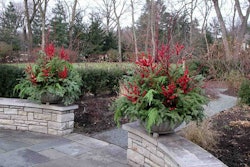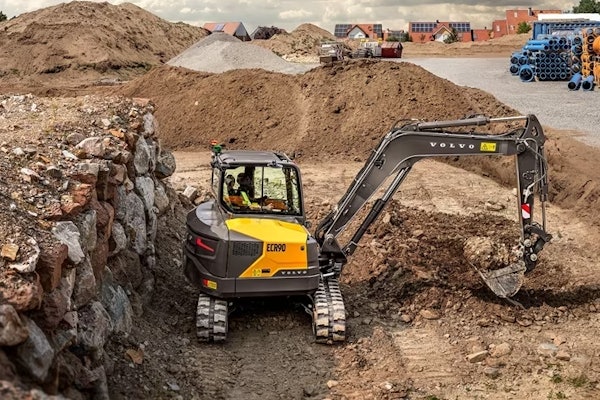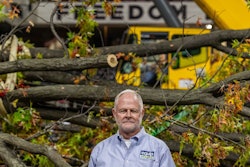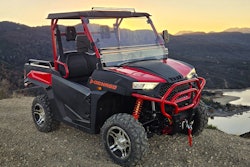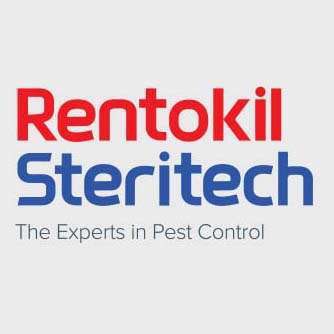
The scale of the job, as well as the chemical certifications and licenses held by the landscaping company and its workers, may influence whether Rentokil is brought in to oversee the elimination of weeds and other vegetation.
Dwayne Hess, manager of Rentokil Steritech’s Vegetation Management Services Division, says the company serves clients of all sizes, including some residential clients when it comes to pesticide applications.
“Our customer base is predominantly commercial,” Hess says. “It can be small mom-and-pop businesses in all the towns where we provide pesticide services, up to very large commercial properties, such as oil refineries. It runs the gamut.”
In general, however, Rentokil’s typical customer is likely to be a fairly large manufacturing or warehousing operation in which the building or buildings are surrounded by a significant amount of property. In those instances, Rentokil Steritech is brought in to eliminate all or nearly all vegetation.
“Most of our applications for vegetation control involve spraying,” Hess said. “We can do that selectively” – eliminating only weeds and invasive species – but more often the customer prefers that all vegetation be removed.
Of course, some companies’ buildings include well-designed and managed landscapes in addition to large stretches of property that aren’t landscaped. In those instances, Rentokil may be retained to remove the troublesome vegetation while a landscaping company manages the ornamental plants and turfgrass. Hess said Rentokil Steritech is expert in safely eliminating vegetation near landscaped and other sensitive areas, such as bodies of water.
Safety, in fact, is what Hess talks about most when outlining Rentokil’s services and the expertise of the company’s technicians. And not only ensuring the safety of workers and protecting the environment while killing weeds and other unwanted vegetation, but also the fact that the service makes the customer’s facility safer.
“On the weed side of business, controlling vegetation minimizes slip, trip and fall risks,” Hess says, and improves safety for both vehicle and equipment traffic around corners and elsewhere on the site “where vegetation obviously can block views.”
Because many warehouse and manufacturing sites are in rural areas or on the outskirts of town, vegetation management reduces the likelihood of rodents digging holes in the property that someone might step in.
Clearing the line of sight from the building to inventory and equipment stored on the property is another benefit, he said, as is the substantial reduction of fire danger.
Needless to say, Rentokil Steritech would love to hear from landscape contractors who handle commercial clients. While certainly capable of killing weeds without damaging the desirable turf and plants nearby, Hess says Rentokil isn’t looking to take business away from landscapers. The company does believe landscape contractors might benefit from bringing in Rentokil to manage the “undesirable” portion of a client’s property, enabling the landscape professionals to focus on what they do best.
“Each situation would be different,” Hess said. “Each landscape company has different capabilities, skills and personnel.” Because of the regulatory burden associated with chemical spraying, not to mention the liability, some landscapers will ask themselves whether they want to devote the time and money necessary to train and license employees for that kind of work.
“If not,” he said, “they can partner with us.”
You can contact Rentokil Steritech’s Vegetation Management Service through its website.


